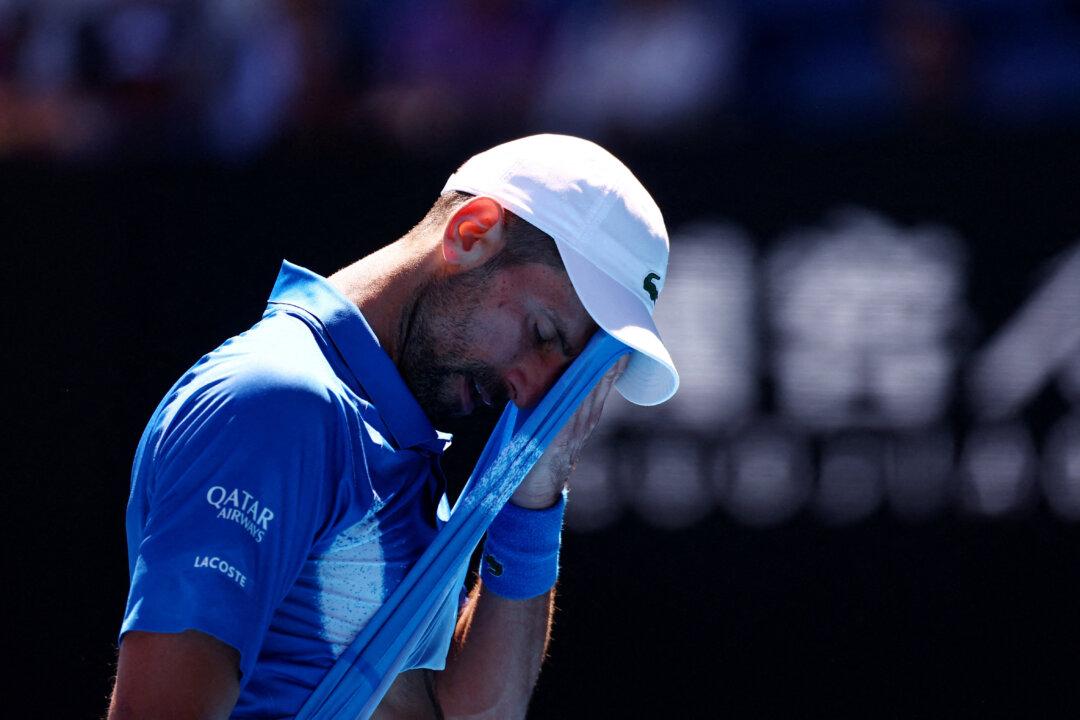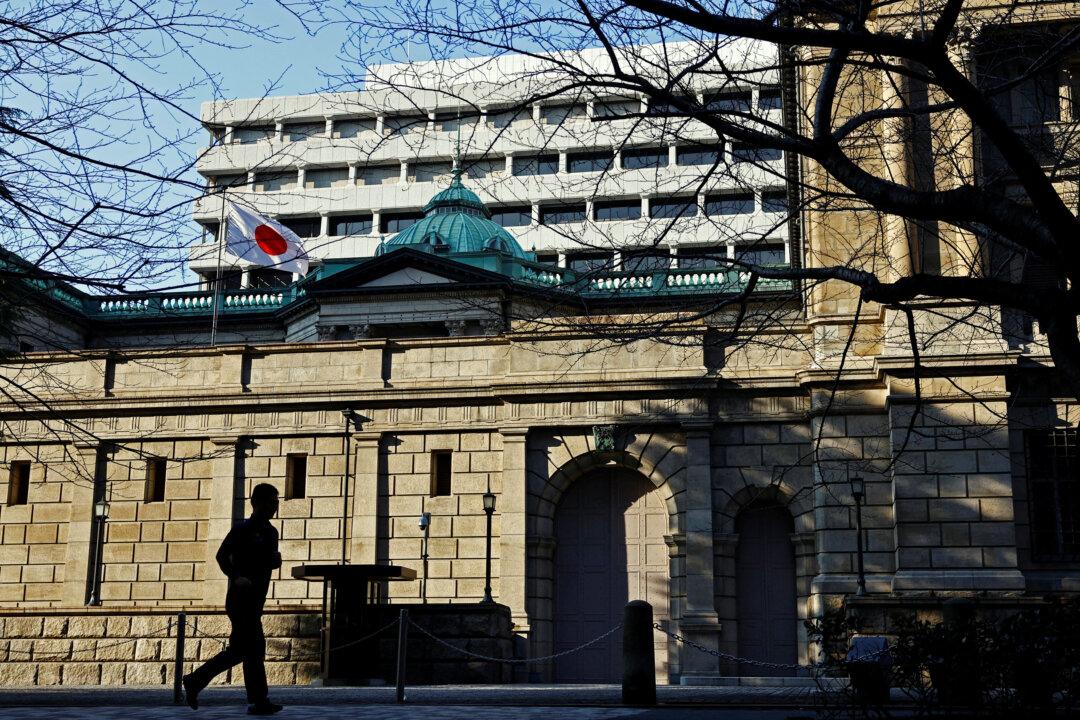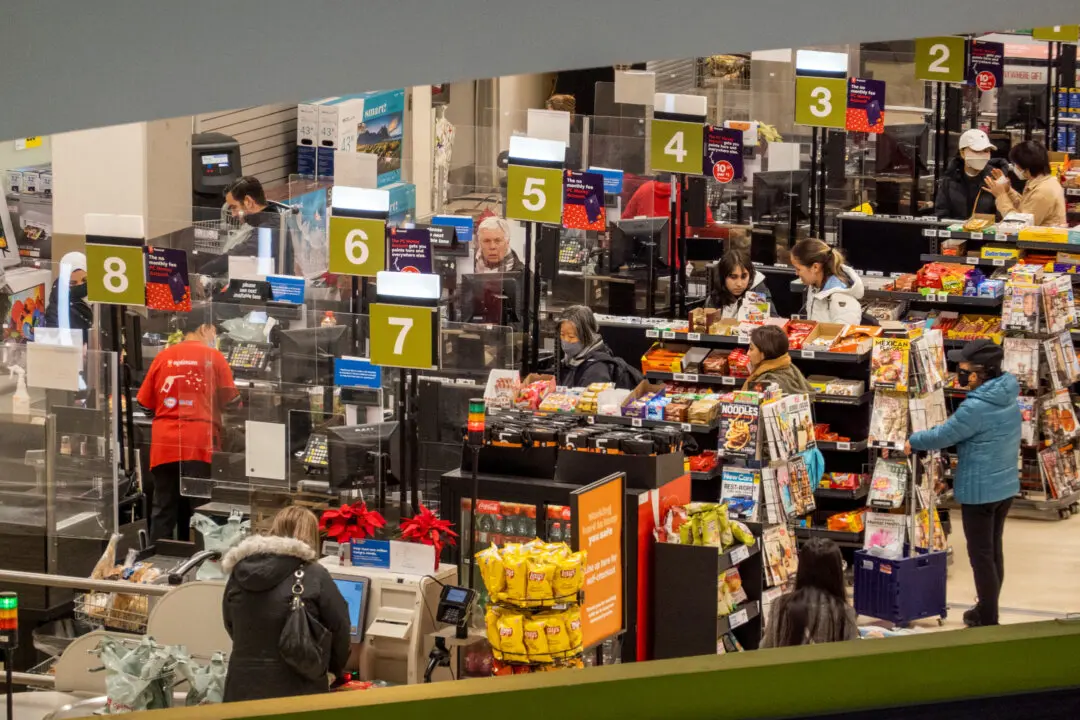The warning singled out Japan’s lack of widespread testing so far and gave a sobering assessment of the potential strain on the health care system in a widespread outbreak.
“The Japanese Government’s decision to not test broadly makes it difficult to accurately assess the COVID-19 prevalence rate,” the Embassy said on its website, referring to the illness caused by the virus. “While we have confidence in Japan’s health care system today, we believe a significant increase in COVID-19 cases makes it difficult to predict how the system will be functioning in the coming weeks.”
If U.S. citizens wanted to return to the United States from Japan they should do so now, or risk remaining abroad for an “indefinite period,” it said.
Prime Minister Shinzo Abe has urged school closures and called on citizens to avoid unnecessary and non-urgent gatherings and outings while preparing to roll out an economic stimulus plan next week.
‘Strong Message’
The comments from the Embassy came after Tokyo Governor Yuriko Koike said declaring a national state of emergency over the CCP virus would send a “strong message” that could help avoid a bigger outbreak.That would give governors legal authority to ask people to stay home and businesses to close, but not to impose the kind of lockdowns seen in other countries. In most cases, there are no penalties for ignoring requests, although public compliance would likely increase with an emergency declaration.
Nobuhiko Okabe, director-general of the Kawasaki City Institute for Public Health, said judging the timing for declaring a state of emergency was tough. If issued too soon, it would have a big economic impact and have a serious effect on society, but if too late, the number of infected patients would rise, he said.
‘Lockdown’
Asked what further steps would be taken in the capital if the central government declared a state of emergency, Governor Koike said a Tokyo-style “lockdown” would entail asking people to refrain from holding events and the same kinds of pleas she was already making to residents.These include working from home where possible and avoiding outings to bars and nightclubs—advice many have yet to heed, although coffee chain Starbucks and clothing retailer Uniqlo joined a string of other businesses in saying they would shutter dozens of stores this weekend.
The government on Friday told the hardest-hit regions to save hospital beds for severely ill patients, while keeping others with milder or no symptoms at home or in hotels. Until now Japan has been hospitalizing all CCP virus patients, regardless of whether they are asymptomatic or have mild symptoms. But beds are filling up in Tokyo and threaten to elsewhere, experts said this week.
Koike said Tokyo, for its part, would send people with light or no symptoms—the majority of the 628 hospitalized with the CCP virus as of Thursday—home or to hotels.
The capital was working with the government to secure accommodations, she said, while Prime Minister Abe has said utilizing facilities that had been set up for the Summer Olympic Games—now postponed by a year—was under consideration.





